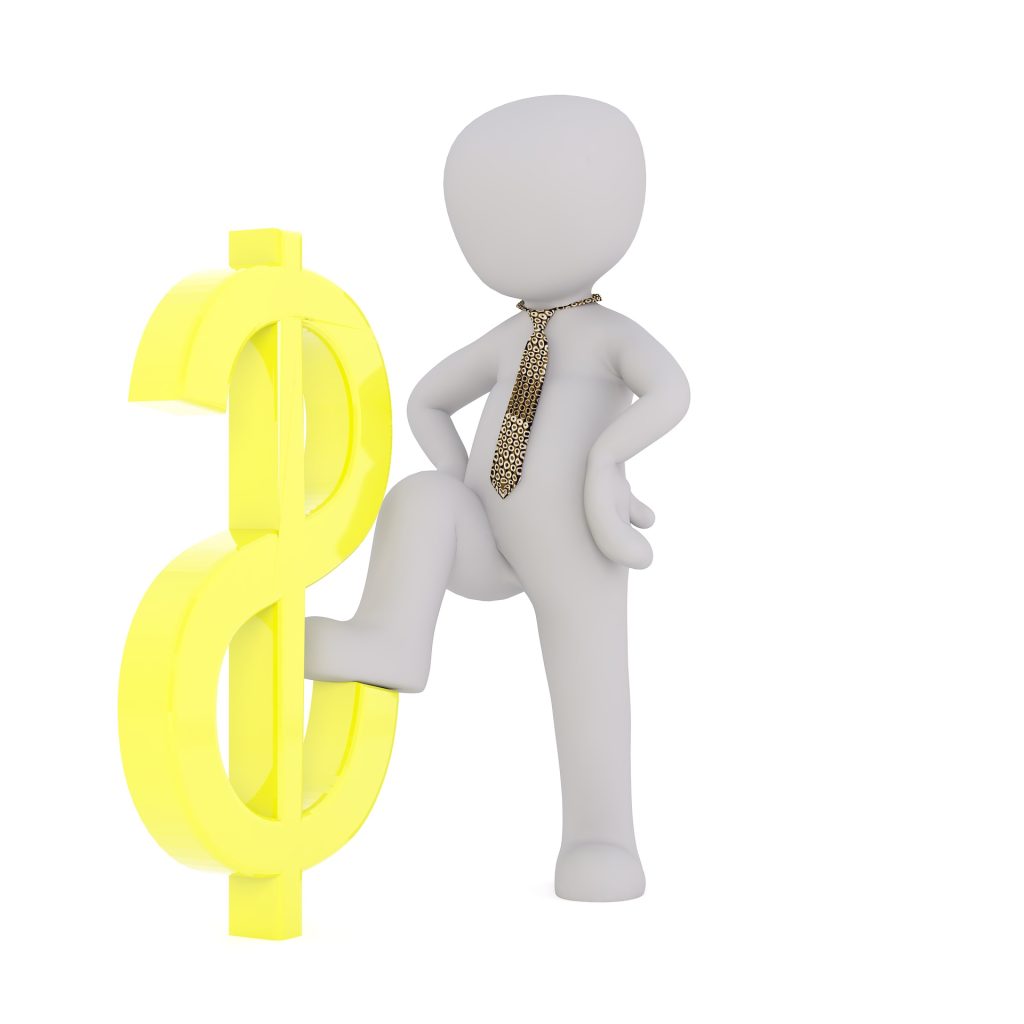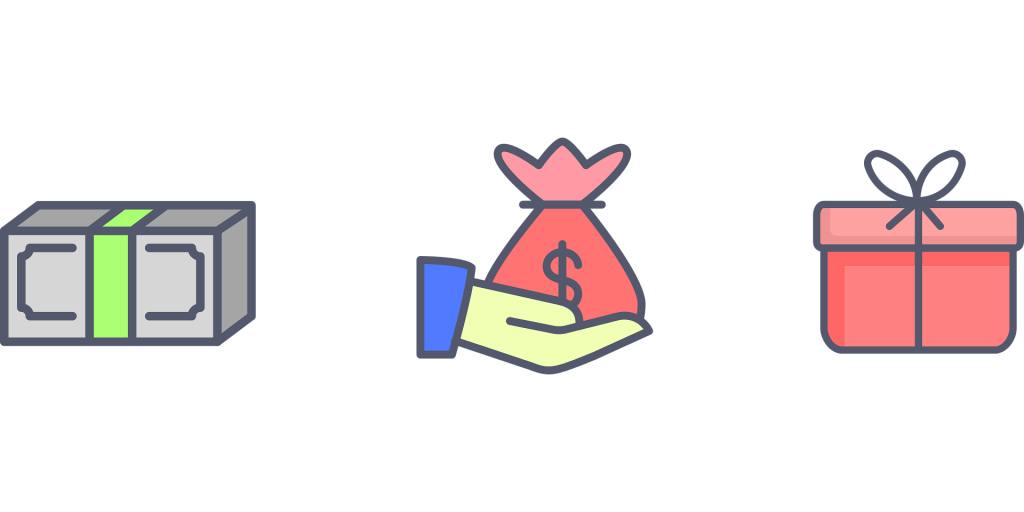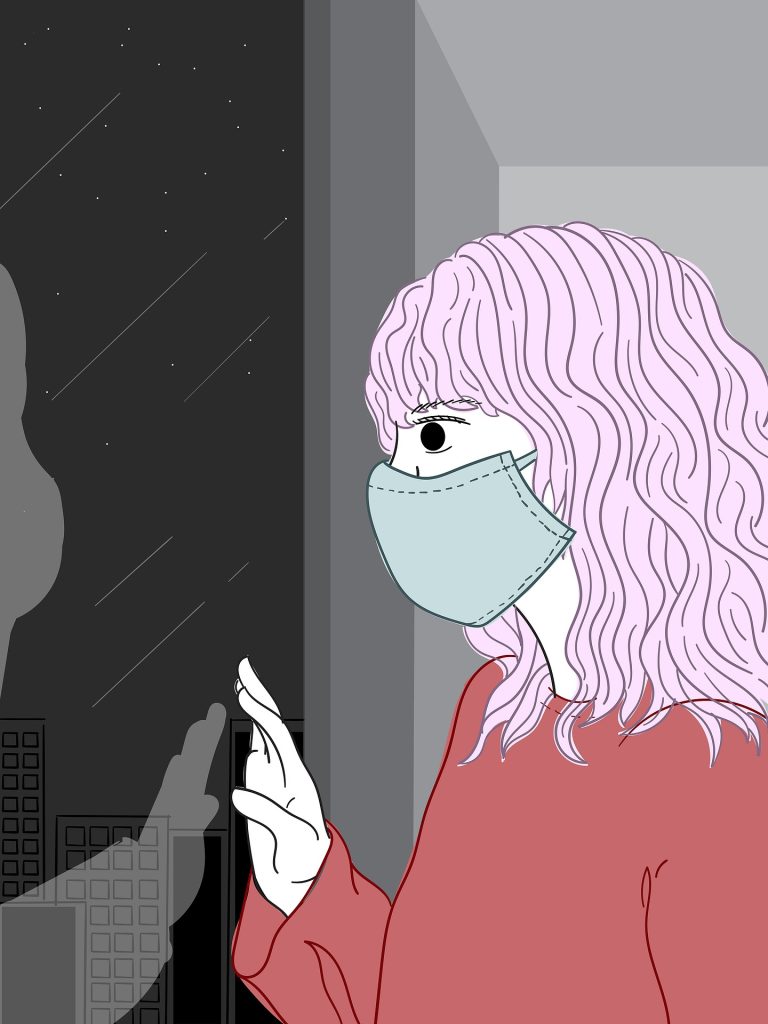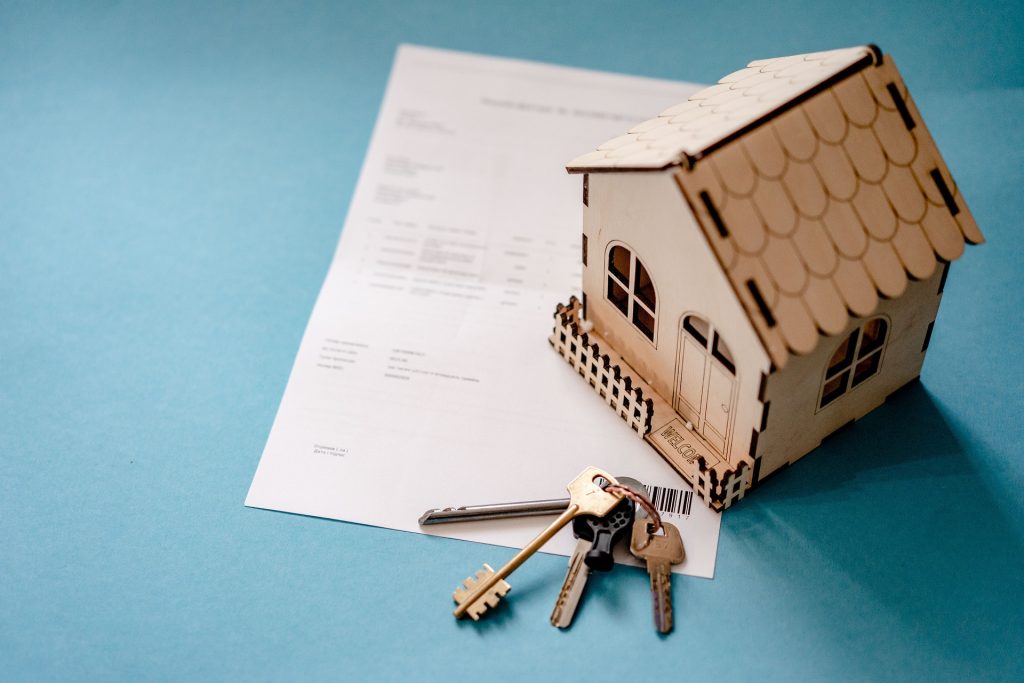
The housing market is important to the economy. It’s where the average person puts most of their wealth. Housing markets are usually stable and rise in value. Let’s explore what causes a housing market crash in terms that a first-time homebuyer will understand. You will be able to protect your portfolio from economic downturns. What causes the housing market to go down?
Predicting Housing Market Crash: Rising Unemployment
339,000 employment opportunities were added in the May jobs report. The unemployment rate went up to 3.7% from This could be an early warning sign of a U.S. housing market crash. Predicting a housing market crash might not seem unreasonable if joblessness starts to rise. The rate bottomed out in October of 2006 at 4.4%. The rate went from 4.6% to 8.6% before it hit a bottom in June 2007. Unemployment rose until it accelerated throughout most of 2008 and into 2009.
What Is a Real Estate Bubble?

A housing or real estate bubble is a period of high real estate prices. It is usually characterized by high demand for real estate. Home prices usually inflate beyond what is reflected in their real-world value because of the high demand, low supply effect. Sometimes the bubble burst when prices dropped. The average prices of real estate properties decreased over time. The 2008 housing market crash was caused by high speculation and intense demand. Many people couldn’t afford the mortgage payments on their houses, and many of the lenders offered loans to people who couldn’t pay them back. Many people were forced to default on their mortgages, causing many banks to lose billions of dollars. Most economists think market crashes are the result of price inflation after periods of high speculation. The bubble burst when prices go down and the average prices go up.
U.S. Housing Market Crash: Household Debt and Mortgage Delinquencies
The total household debt increased by 0.9% to $17.05 trillion in the first quarter of this year. Credit card balances were flat at $986 billion, but auto loan and student loan balances increased to $1.56 trillion and $1.60 trillion, respectively. We may be carrying too much debt, which could cause a crash in the housing market. Mass corporate layoffs could apply pressure to this dynamic. We are not talking about burgers-and-fries jobs. The technology sector is seeing a lot of cuts that require a college education. Consumer debt service payments as a percentage of disposable personal income was 5.99% in the first quarter of 2008. This metric increased to 5.73% by the latest read.
Causes of a Housing Bubble
There are a wide range of factors that can cause housing market bubbles. If demand ever increases, if supply ever decreases, or if both factors combine, prices for the associated asset increase. Low mortgage rates can make homes more affordable. New demographic segments are entering the housing market. A general increase in economic activity or prosperity, which is also known as a lowering of lending standards, gave even those with low credit scores very accessible loans with high-interest rates. Mortgage borrowers take a high amount of risk. The causes of the 2008 housing market crash were speculative or risky behavior by investors or home owners. As you can see, housing bubbles are just as difficult to predict as housing market crashes.
Overproduction of Homes
It takes some time to meet demand. Demand has stopped or the economy has changed when many housing projects are complete. The housing market could crash due to overproduction of homes, excessive speculation, and the fact that many people are buying homes for less than their worth. When investors or real estate agents have too many homes in their inventory, they may try to sell them for less money. This is a way to delay a market crash rather than stop it. New homes added to the housing supply are not necessary in many cases. Real estate can be produced several years before it is sold. Some homebuilders may produce more homes than they need.
Existing home prices

The median sale price of a single- family home fell in May. Home prices have risen more quickly than incomes. Mortgage rates doubled since August of 2021, before starting to retreat. The housing market is expected to cool as home values become a victim of their own success, economists say.
High-Interest Rates
The housing market may crash due to double-digit interest rates. People who have high rate of mortgage can be in a bad position and have to file for bankruptcy. If interest rates get too high, people will stop making down payments on houses, leading to market uncertainty, risk, and panic. The average American may not be able to afford homeownership if interest rate hikes are made. They may sign a mortgage contract if they can pay the interest rate, but if the interest rate goes up they will be out of a job.
Housing Market Predictions for 2025
Home prices are expected to rise by 2% to 1% above inflation in the year 2025, when the housing market is expected to start picking up again. The increase will be due to a combination of factors. More people are expected to join with friends and family to purchase homes, as intergenerational households, grown children, and families created from friendships pool multiple income sources to purchase homes. 3D printing, factory-built structural components, and software that reduces waste are some of the emerging technologies that are likely to become more common in the construction industry. The methods are expected to improve building quality.
A Downturn in the Economy

A housing market crash is possible if the economy goes down. Good times lead to more homeownership, while bad times lead to financial conservatism and risk aversion among ordinary people. The market may stall if people stop having enough money to buy homes. It may crash depending on the level of speculation.
High Fixed-Rate Mortgage Interest
Fixed-rate mortgage interest rates are at their highest point in a decade. Interest rates have been high for a year and aren’t showing any signs of slowing down. This is bad news for prospective buyers as they will have to pay more for their homes over the course of 30 years without the chance to lower their interest rate. The 30-year fixed-rate mortgage has an interest rate of over 6.6%.
Florida Housing Market Annual Report (Year-End)
In the year 2022, Florida home sales dropped in most price segments. The highest closed sales were in the market segment of $400,000 to $599,999, which had a median sale price of $400,000. The sale prices for all sales closed in the month of June were $161.6 Billion. The percentage of closed sales which were cash sales was 32%. The average sale price for the month was $586,222, which was a +1.3% increase over the same month last year. The $300,000 – $399,999 segment had 43,683 sales. The two market segments reported year-Over-year gains in home sales. The average price for a home in Florida in the year of 2022, was $522.
The percent of original list price received was the same as in the previous year. The days on market were more than the previous year. The supply of inventory in the Florida housing market was 70% more than it was a year ago. The benchmark for a balanced market is the amount of inventory. A buyers’ market is higher than a sellers’ market. The number of new listings was 368,289, a decrease of 3% from the previous year, and the number of property listings was 65,786, a increase of 116.8%. The median number of days between the listing date and closing date was more than last year. The median number of days was 56, which is 1 day less than last year.
Potential future closed sales are an indicator of pending sales.
General Economic Uncertainty
There is no certainty that a housing market crash is going to happen. The market could rebound or it could continue to increase in value for a while. It is certain that the market will have a home value correction in the next year or so. There is a lot of uncertainty due to the war in Ukraine. Businesses haven’t yet recovered all of their health costs from the government, despite facing staggering medical bills.
Leave a Reply
You must be logged in to post a comment.